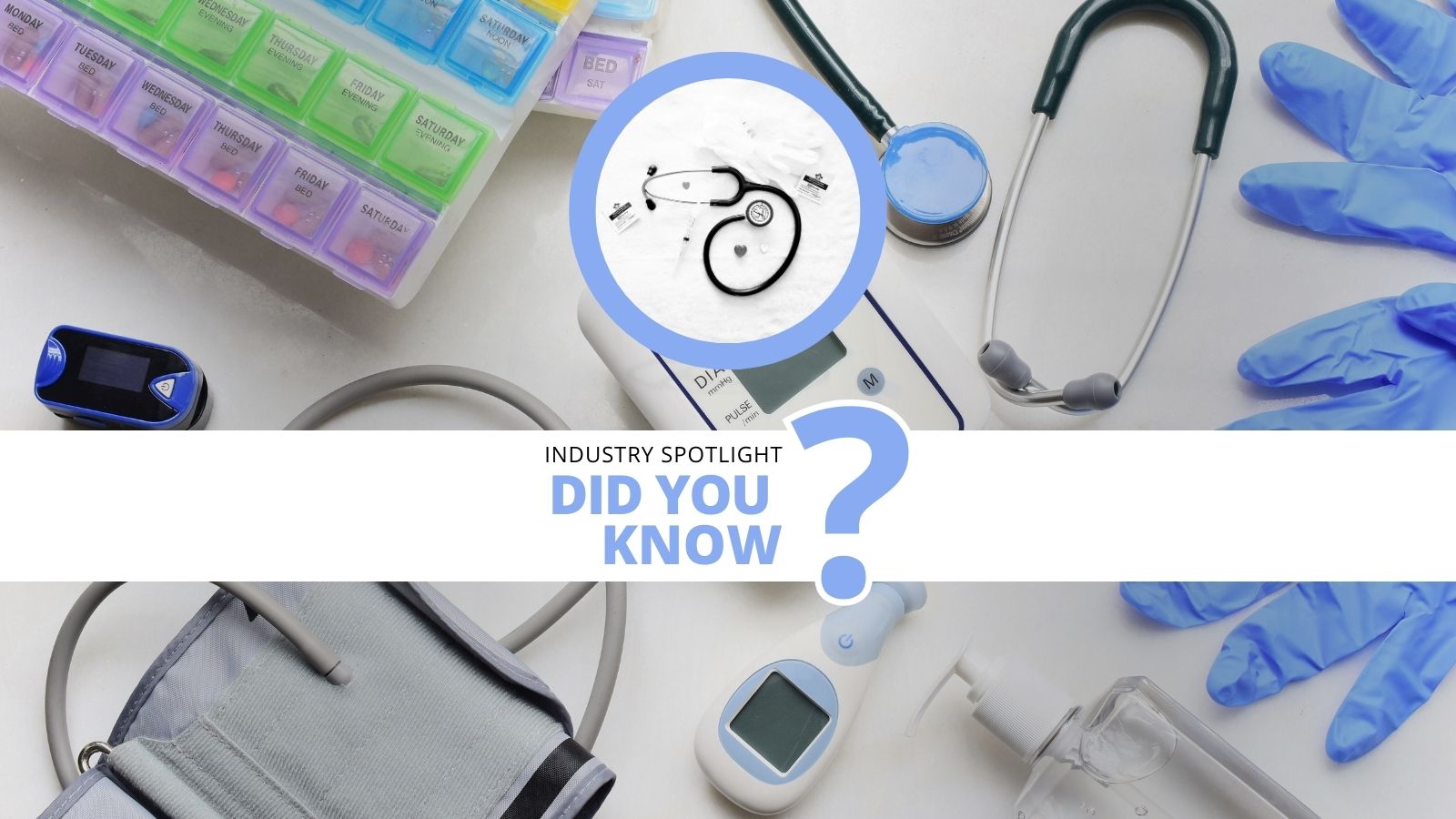Digital Data Governance and Healthcare Provision: Looking to the Future

In anticipation of the return of our Pharma Data UK: In-Person event on 08 - 09 September 2022, we sat down with Zisis Kozlakidis, Head of Laboratory Services and Biobanking at the International Agency for Research on Cancer, to hear his thoughts on how data governance in the industry has evolved over the past couple of years.
Recent changes to the industry landscape brought about by the coronavirus pandemic have seen a boom in digital data recording and sharing. This is what our PharmaTec series focuses on: current industry trends and successes in FAIR data implementation, the generation of real-world evidence, and curating data management strategies to help elevate your research. Speaking about his own experiences, Kozlakidis explained that the digitisation of data has led to a market shift in operability, as well as a strong emphasis on trust.
What Role Does Data Governance Play in Lab Digitalisation?
“What we've experienced over the last 20 years – particularly over the last few years through the pandemic – is that we accumulate data at an unprecedented rate. At a very basic level, data governance gives researchers the ability to find all the patient data in an organised manner, and then enables them to interrogate it.
"What we've experienced over the last 20 years is that we accumulate data at an unprecedent rate, and we've particularly seen this over the last few years through the pandemic."
“At the higher level, it’s about trust. You have all the data? Are you using it in the right way? Are you able to answer the questions you promise you're going to answer?” As Kozlakidis said, data governance is central to good operability. “It’s a foundation that allows you to proceed with your work,” he added.
Can You Talk About Some of The Major Challenges in Data Governance?
“One of the major challenges is the integration of data sources. In a lab, typically we would have an assortment of different equipment producing different sets of data. And it’s quite laborious to be able to pull all the data together. It’s not impossible, it just requires a lot of work. I think for individuals – for scientists – it would be much better if the effort was not focusing on the integration of data, but actually in solving the problem they have.
“The second big challenge in terms of the data in the laboratory environment is about the secondary use of data. Once you produce the information it doesn’t suddenly disappear – it stays there. So if you come up with another question later on, you can still use the data. But one of the governance questions is, how far are we allowed to use that? Can we use it for secondary or tertiary purposes? I don’t think we’ve got a convincing answer for all of the instances where it’s been raised.”
What Steps Can We Take to Overcome These Challenges?
“I think one of the big steps has remained exactly the same – communication. It’s been very effective to communicate that we need all these IT solutions in the lab to allow us to be more efficient. It’s exactly the same thing. We need to communicate that actually we need to now move forward with the need for data integration and the governance, and that it allows us to be more effective in what we do. But we have to communicate that – not in the general sense that ‘this is something nice to do’. We have to bring the specifics to the table and say, this allows you to be 20 percent more effective. It frees up the work time for one of your staff to do something else.”
What are the Priorities for Refining Digital Healthcare Provision?
“In our view, there is no doubt that the future of healthcare is heavily driven by the data that we accumulate. We have this future that is data-driven – but can we share that data? For the most part, we haven’t found a universally accepted solution for being able to send data – certainly not widely between countries or trans-regionally.
“The other question is, technically, even if we’re able to do all of these things, are the individuals or the professionals able to respond? And that’s a big question. From talking to the audience at the end of my presentation, I don’t think the nature of the problem will be technical. At the end, it will have a lot more to do with the skills of the individuals and the question of whether we need to upskill people that have already been trained, or if we create something new – a new professional category that starts from the very beginning.”
Pharma Data UK Highlights and Takeaways
Discussing some of the highlights of our previous Pharma Data conference, Kozlakidis said that he liked how the event had come to focus on the impact of pharmaceutical treatments, adding that it was useful to gain insight into how other companies were approaching similar issues. “Then you can say, perhaps I can use that same tool or approach.”
He highlighted some current innovations in the field of digital data that were close to his heart. “A lot of the apps that have been developed in the last year and a half concern the relevant clinical trials for collecting physical samples from patients.”
Looking to the future, Kozlakidis said he expected to see much more innovation in the space of digital data utilisation in the healthcare industry. “In the long term, I would think there is this trend of standardisation when it comes to data integration. I think we’ll see that feature even more within five years.”
We’re excited to bring you further opportunities to take part in the discourse at this year’s Pharma Data UK: In-Person event, set to be held on 08 - 09 September 2022. If you’d like the chance to attend our London congress, visit our event website.
Where authors are identified as personnel of the International Agency for Research on Cancer/WHO, the authors alone are responsible for the views expressed in this article and they do not necessarily represent the decisions, policy or views of the International Agency for Research on Cancer/WHO.






